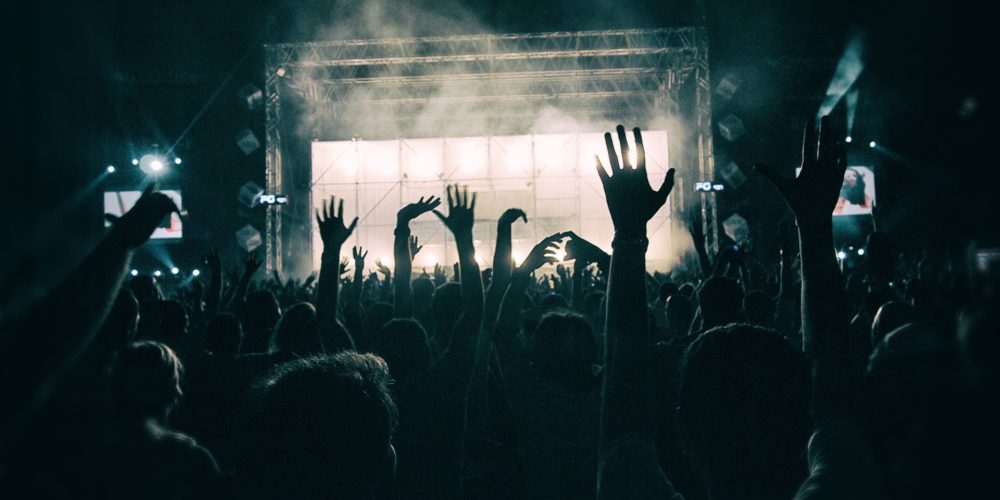We strive and thrive in groups—and also fight in groups

Human beings congregate in groups. From early childhood we are enrolled into collectives: extended families, religions, ethnic groupings, nations, skin colours, sports teams, work organizations. Our parents, teachers, community elders, religious leaders, tribal overlords, and national rulers all have great interest in press-ganging us into groups.
Even those of us who might resist this herding tend to coalesce in groups. We find ourselves attracted to ideologies, pastimes or hobbies that give us our preferred people. We are biased towards those who think like us, like the same things, or have similar priorities.
Or ability to live and cooperate in groups is our biggest strength as a species. We dominate this planet because we can persuade one another to believe similar things and exchange and interact cohesively. Most of humankind’s greatest accomplishments have come from our unique ability to come together and collaborate. We have tamed diseases, harnessed energy, created cities, instilled moral codes—all because we can cooperate in groups.
Our ability to live and work in groups is also our biggest weakness as a species. The problem is that we can’t think and act as one group, the human group; we have multitudes of groupings. We can rarely form a super-group without splintering it. We form cliques and cabals, coteries and camps. Each of those sub-groups has leaders who can convince every member of the rightness of their particular cause, and the wrongness of the others.
This is the paradox of the human collective. We strive and thrive in groups; but we also differ and fight in groups. We discriminate in favour of our groups, and we develop hateful stereotypes against other groups. We commit mass carnage and ruin because our group must lay waste to the other one. A casual glance through human history reveals the scale of destruction we have visited upon one another in the names of our groupings: religions, ethnicities, and lines on maps.
This tendency—to create arbitrary distinctions and then fear and fight those not in our groups —is illogical, but it persists. Psychology experiments repeatedly show that groups do not just try to maximise their own gains; they will also harm their own interests in trying to bring others down. Even if people are grouped using some random, meaningless boundaries, they will start creating strong identities around the trivial difference planted in their brains. And then they will go on to stifle their own gains—as long as the other group suffers more. We favour our own, employ our own, trade with our own—even if “our own” is just a fictitious category, and retards us.
These depressing experiments demonstrate why societies with marked ethnic or religious differences stay backward for so long—they find it preferable to stay poor, but less poor than those others, rather than find a tide that raises all the boats. The world’s intractable trouble spots have often been places where extreme religiosity or identity politics loom large for long periods of time.
“We” vs “They;” “Us” against “Them;” “Ours” pitted against “Theirs.” These are the precursors and propagators of primitive and self-defeating behaviour. And it seems to change very little with education.
Fans of a particular soccer team will not mind winning very little, as long their most-hated rivals win even less. Libertarians will vote for neo-fascists and crony capitalists, so that left-leaning voters take one in the face. Leftists will support brainless economic programmes that will retard growth, simply to sock one to those on the right. Professors wielding doctorates will vote for brilliant colleagues to be shown the door only because they prescribe to different world-views. Nations will engage in ruinous wars with their neighbours rather than consider mutually beneficial solutions, so that their people can go cock-a-hoop about teaching others a lesson.
Win-lose is preferred to win-win, by so many.
Ask yourself this. What if you had been born on the other side of the river, or mountain, or border? What if you grew up as one of “them?” Would you not be espousing “their” beliefs and norms with great vigour—and hating “your” people for being “them?”
Or what if, as an experiment, we swapped two newborns from rival communities? Would each one not take on the prejudices of the adopted group—and grow up to hate the birth people with a vengeance?
We create difference even where none exists. We follow those who make us small and narrow and incite us to fear and suspect and despise. This is such a waste of our superpower as humans—our ability to work together.
What is to be done? Is it hopeless? Is this stupidity something that defines us—or can we escape it? Let’s look at that next week.
(Sunday Nation, 24 October 2021)

Buy Sunny Bindra's new book
The X in CX
here »
Popular Posts
- Make this your year of being boringJanuary 4, 2026
- Can we please stop with the corporate jargon?January 11, 2026
- The man who passed by one markJanuary 18, 2026
- My books of the yearDecember 14, 2025
- Confessions of an explaining personDecember 7, 2025















